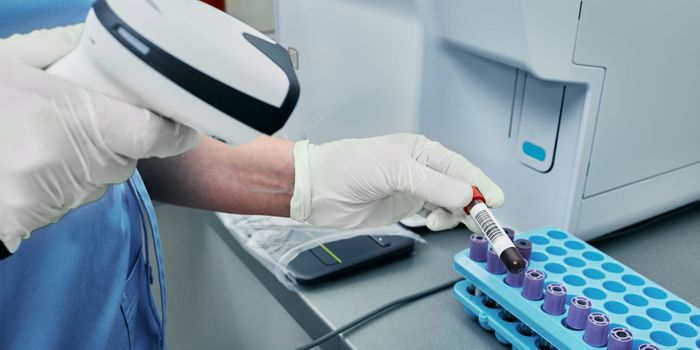Parents Underestimate the Effect of Screen Time on Children's Eye Health
The oft-debated question of “how much time should my child spend looking at a screen” has become incredibly pervasive. That’s likely because research has shown that too much time spent looking at a screen, whether it’s a phone, T.V., tablet, or computer, can impact a child’s development. That’s probably why the American Academy of Pediatrics and the World Health Organization recommend an hour or less of screen time for children between the ages of two and five.
In most regards, then, many parents would likely agree that screen time, in excess, can be harmful to children. According to a new research study conducted by a team from the University of Michigan School of Medicine, however, parents may still be underestimating the health effects of screen time on children, particularly when it comes to eye health.
The study results are drawn from the recent C.S. Mott Children’s Hospital National Poll on Children’s Health.
The representative survey, which elicited about 2,000 responses from parents with kids between the ages of three and 18. Overall, the survey findings found that only about half of parents who responded to the survey recognized that screen time could have a detrimental, or at least significant, impact on a child’s eye development.
Other findings from the study include the following:
- Only one in seven parents say their child has gotten an eye exam in the last two years.
- Less than a third of parents said that wearing sunglasses was important for children when they are outside
In both cases, children should get regular eye exams and wear sunglasses outside to protect their eyes. The overall findings from the study suggest that many parents underestimate what could be potentially harmful to their child’s eye development.
One of the most noteworthy risks to a child’s eye development due to screen time usage is myopia, or nearsightedness. In fact, just shy of half of all Americans are nearsighted. Previous research has also linked smartphone and other screen exposure to an increased risk of developing nearsightedness.
Sources: Science Daily; APA; Mott Poll








